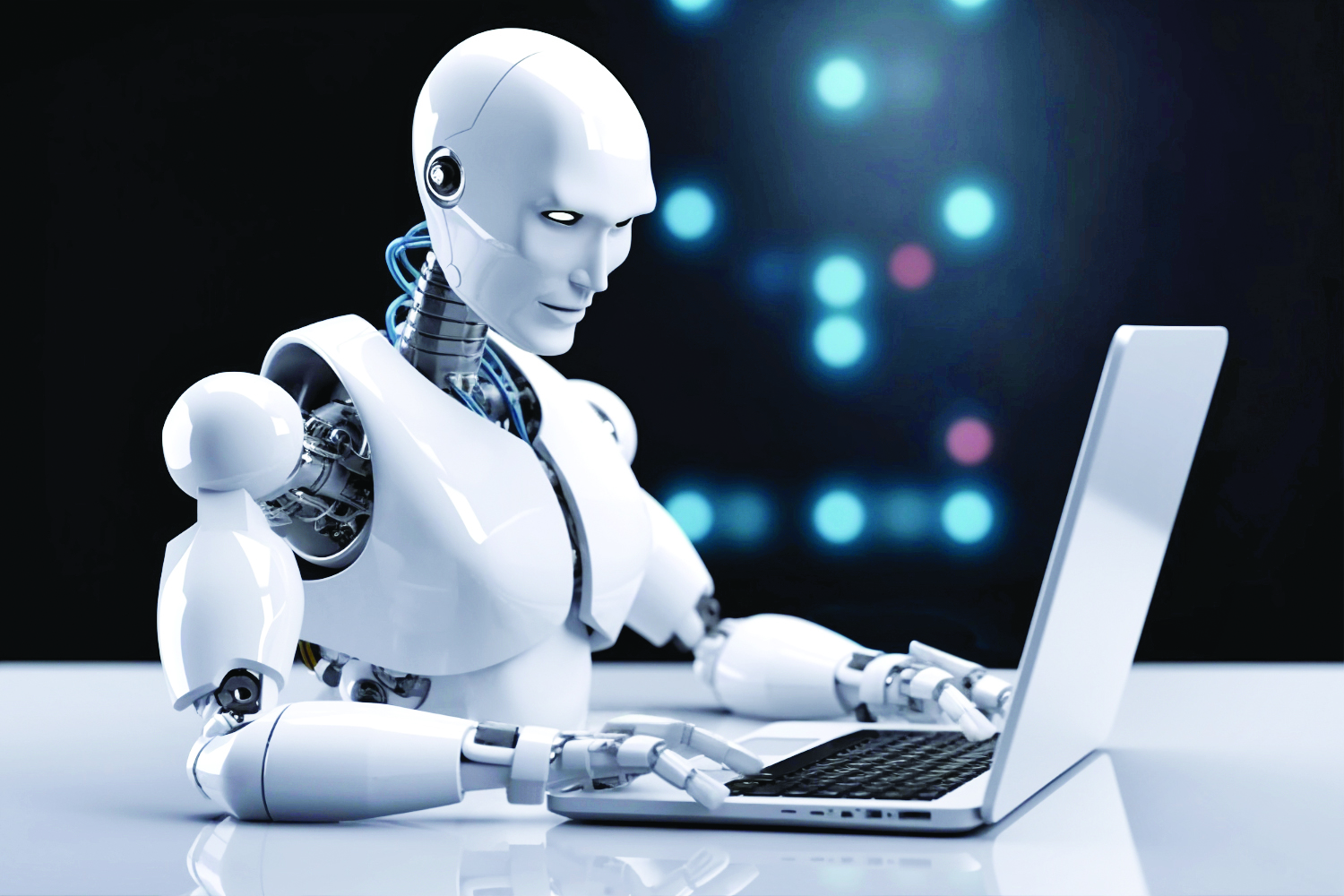How AI is transforming education
AI has the potential to make education more equitable and personalised, thereby improving learning outcomes through heightened engagement

In the contemporary educational world, teachers often grapple with the overwhelming task of evaluating extensive answer sheets, alongside managing various administrative and research works. In this AI-driven educational landscape, there’s Gradescope, an AI-powered grading system where students can submit assignments online, and Gradescope automatically grades multiple-choice, fill-in-the-blank, and coding questions. Artificial Intelligence (AI) is experiencing rapid growth in the education sector, revolutionising the way students acquire knowledge and enriching their learning experiences. Through the utilisation of Machine Learning (ML) algorithms, AI can dynamically adjust to individual student needs, offering personalised learning experiences tailored to their specific requirements. According to Global Market Insights, the AI in education market size reached USD 4 billion in 2022 and is projected to expand at over 10% CAGR from 2023 to 2032, owing to the growing inclination towards personalised learning.
AI has the potential to make education more equitable and personalised for students worldwide, and improve learning outcomes for students by enhancing their engagement and motivation, said Pratham Mittal, Founder, Masters’ Union. “AI is enhancing personalised support for teachers at scale, which can help teachers identify the strengths and weaknesses of individual students and provide personalised learning experiences. Also, AI is changing what is taught and how it is taught. AI-powered intelligent assistants can provide students with access to educational resources without contacting teachers, and smart content can help teachers use real-life examples to help their students learn more effectively and quickly,” he said.
Gaurav Goel, CEO and Co-Founder of Toprankers, also echoed similar sentiments. According to him, AI-powered educational software and tools are transforming the way students learn, making education more accessible, personalised, and engaging.
AI has the potential to change education in India. Reports suggest the AI market will be worth USD 7.8 billion by 2025. Microsoft’s CEO, Satya Nadella, believes AI can be a gamechanger in India and said that the company will provide 20 lakh people in India with skilling opportunities in AI. “I really haven’t seen anything quite like AI and it will only continue to scale up from here,” he said.
When combined with management tools, AI has the potential to address key challenges, leading to substantial impacts on the future of the educational landscape. “AI can also automate administrative tasks such as grading, allowing teachers to focus on more meaningful student interactions. Also, AI-powered virtual assistants and chatbots can furnish 24/7 support to students, answering their queries and delivering support in real-time. Overall, AI has the potential to revolutionise the way we learn and teach, making education more accessible, efficient, and effective,” said Goel.
According to Mudita Pasari, Academic Dean, The Design Village, AI can be an incredible learning tool if used properly. “There are people using AI to generate data and conversations for better understanding of subjects. But we must be aware like any educator anything AI generates is subject to bias on the data available to it. No information shared by AI is absolute and it can never replace the importance of thinking for us rather than believing in things blindly,” she said.
The debate over the transformative impact of AI in education is incomplete without considering whether this technology will supplant traditional educator roles. Professor Pradipta Sau, from a government-aided college in West Bengal, asserts that AI can never replace human educators. Drawing an analogy, he likens AI to instant coffee, emphasising its role in swiftly resolving problems and queries for both students and teachers.
Meanwhile, Mittal sees AI as a tool to complement teachers’ efforts and underpin significant improvements in education, rather than a replacement for human educators. “Human educators will remain pivotal to learning by setting ambitious learning goals, leading instruction, and motivating and inspiring learners. AI can enhance teaching and learning experiences by providing personalised support, automating administrative tasks, and offering real-time feedback. This allows teachers to focus more on providing individualised support and guidance to their students,” said the Masters’ Union founder.
As we inch closer towards an AI-driven education era, it’s important to recognise its potential for transforming the sector with personalised learning and innovative teaching methods. Yet, a careful and responsible approach is needed to address ethical challenges, ensuring that AI benefits both educators and students.



